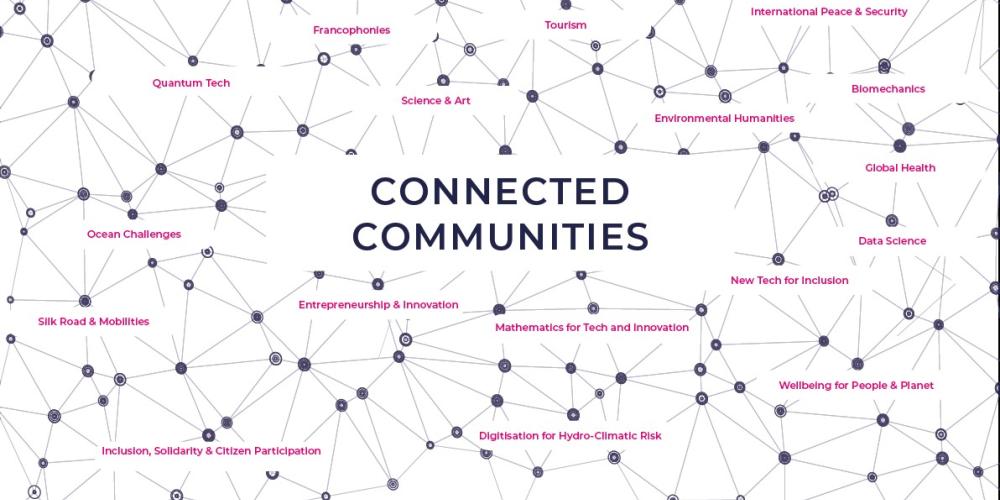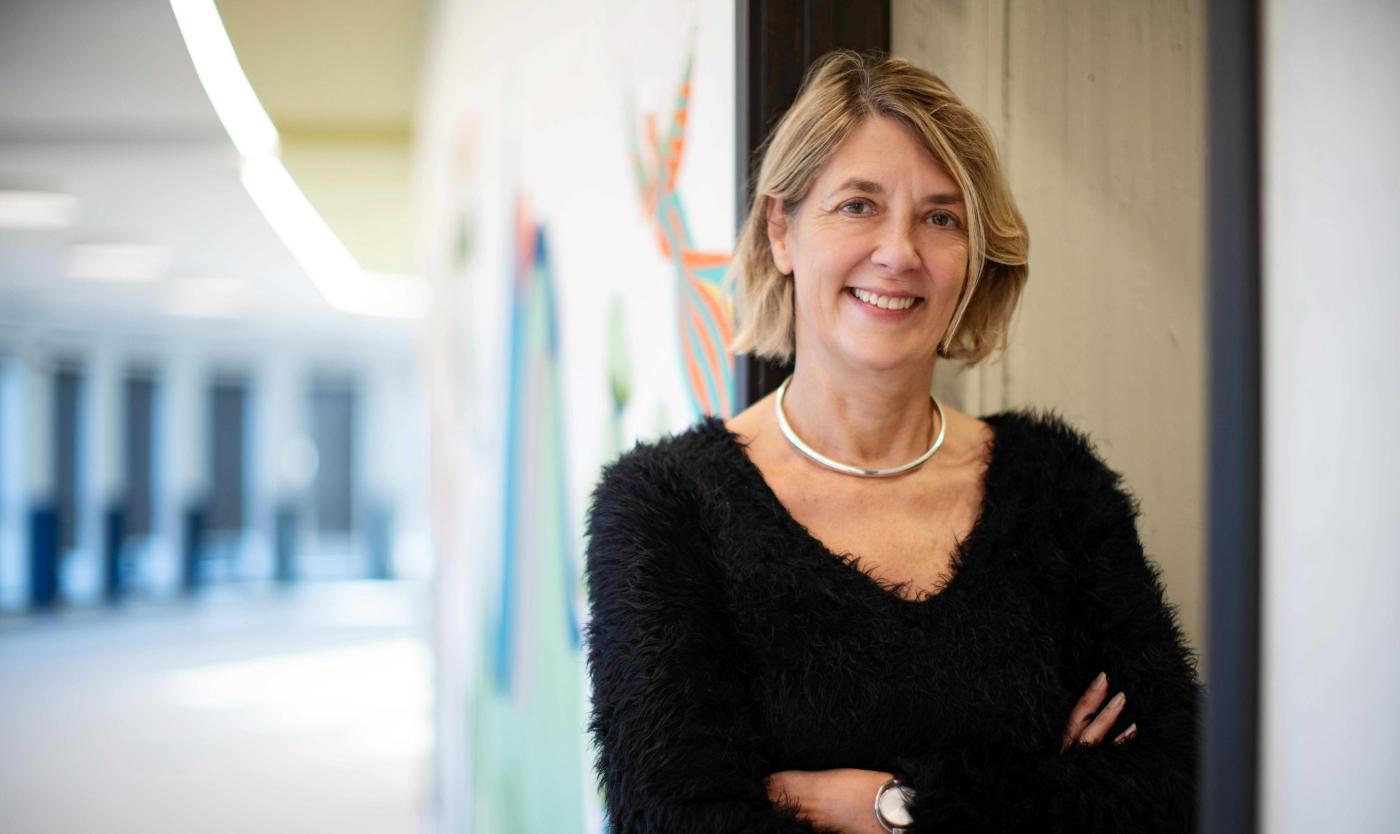
Article by Karin Vanderkerken, Vice-Rector for Internationalisation VUB
On May 20 and 21, the International Days invite us to rethink what internationalisation in higher education should look like. Not just a one-off exchange or a distant partnership, but a deeply embedded way of learning, teaching, and collaborating. EUTOPIA’s Connected Communities (CCs) show how it's done. By connecting students, teachers, and researchers across countries and disciplines, these communities breathe life into cross-border education. The result? Classrooms that buzz with new perspectives, shared challenges, and creative solutions. Internationalisation that begins in the classroom — and doesn’t stop there.
An overview of all Connected Learning Communities can be found here
Rooted in the vision of a more open and collaborative higher education, EUTOPIA’s CCs do not impose change from above. Rather, they build on existing good practices and amplify them through international cooperation. From quantum technologies to social inclusion, and from AI programming to nursing care, these communities span a broad array of themes. What unites them is the shared ambition to connect people, ideas, and institutions across borders in ways that enrich education and research whilst imparting vital skills and perspectives.
The Pacman AI competition
The power of internationalisation lies not in isolated mobility experiences but in embedding global engagement into the core of curricula. For Lynn Houthuys, who teaches in the Bachelor of Artificial Intelligence programme at VUB, the integration of the Pacman AI competition into her course is a case in point. What began as an initiative by University Pompeu Fabra (UPF) has evolved into a transnational tournament involving students from across the EUTOPIA alliance. “Students are way more motivated when they know they’ll be competing with peers from other universities,” Lynn explains. “It adds a new level of energy and seriousness to their work.”
The competition challenges students to program agents that can play Pacman intelligently. This is a playful yet technically rigorous task rooted in a framework from Berkley Univrsity. By collaborating with UPF, Lynn was able to save time and effort in designing her course while offering students a high-quality, internationally relevant project. In addition to sharpening their coding and AI skills, students gain confidence from performing on a European stage. This experience, in some cases, has planted the seeds for students to continue their studies at masters level.
Nursing Care in Complex Settings
In the Nursing Care in Complex Settings CC, the international dimension serves a different but equally transformative function. Dennis Demedts, who bridges academic roles at Erasmus University College and VUB, has played a key role in shaping the community’s work on end-of-life care, including euthanasia, a topic where national legislation and cultural norms vary significantly in partner countries.
“With our partners from Portugal, Slovenia, UK, and Belgium, we have a very rich mix: countries with long-standing legislation (Belgium), countries with new laws (Portugal), no laws (Slovenia), and others where the discussion is just beginning (UK),” Dennis explains. “This creates a powerful learning environment for nursing students.”
What began as a learning community has already led to tangible outputs. Dennis is coordinating a newly funded Erasmus+ project to develop an educational program on ethical decision-making in active life-ending procedures. The project’s strength lies in its diversity; Warwick contributes expertise in medical ethics, Portugal in AI simulation, and Slovenia in interactive learning design. Future plans include a micro-credential in clinical reasoning and end-of-life care, and possibly a Horizon Europe bid. Importantly, these initiatives are grounded in shared trust, sustained collaboration, and the support of EUTOPIA’s network. “Our students already had international weeks on palliative care,” Dennis notes. “But now, through EUTOPIA, these efforts are more structured, continuous, and impactful.”

Karin Vanderkerken
The CCs serve students and provide space for staff to co-develop pedagogical innovations, generate joint research proposals, and build relationships across institutional boundaries. They support the kind of deep, programmatic internationalisation that outlasts individual exchanges or one-off projects.
Embedding this international fabric suggests EUTOPIA is well aware of the value of cross-border solidarity. As the alliance grows and new communities emerge, the potential for long-term transformation only deepens. From AI programming to ethical nursing practice, from collaborative competitions to co-created curricula, these stories remind us that the most powerful form of internationalisation is the one that starts in the classroom. However, it most certainty does not end there.